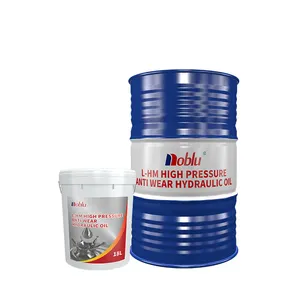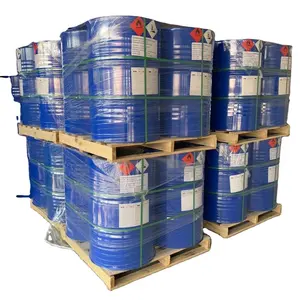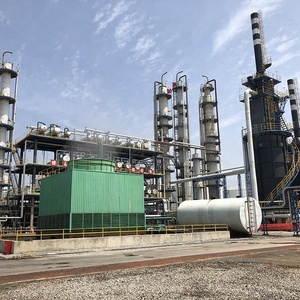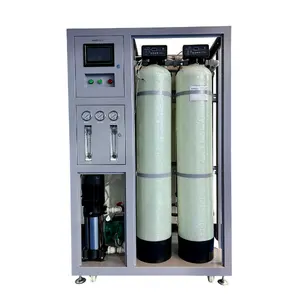Popular in your industry






































































































































































































Top categories
About petroleum
The petroleum industry is a vast and crucial sector that encompasses the exploration, extraction, refining, and distribution of fossil fuels. Petroleum is a naturally occurring, yellow-to-black liquid found in geological formations beneath the Earth's surface. It is commonly refined into various fuels, including gasoline, diesel, and jet fuel. Additionally, petroleum serves as a feedstock for the production of numerous chemicals and lubricants. The scale of the industry is immense, with major players like the American Petroleum Institute (API) setting standards and regulations.
Types of Petroleum
Petroleum is classified into different types based on several factors, such as its composition, viscosity, and the presence of impurities. One common categorization is based on the density of the petroleum, which can be classified into heavy, medium, and light. Light petroleum, also known as light crude oil, has low viscosity and flows easily. It is characterized by a higher proportion of lighter hydrocarbons and is typically easier to refine into products like gasoline. Conversely, heavy petroleum, or heavy crude oil, has higher viscosity and contains more complex hydrocarbon molecules. This type of petroleum often requires more advanced refining processes to extract usable products.
Another categorization of petroleum is based on its sulfur content. Liquefied petroleum gas (LPG) is a type of petroleum that falls into the category of light petroleum. LPG is a mixture of propane and butane gases, which are usually compressed for ease of storage and transportation. This type of petroleum is commonly used as fuel for heating, cooking, and in vehicles. Meanwhile, heavy petroleum includes bitumen, which is a highly viscous material used in asphalt for road construction.
Uses of Petroleum
The uses of petroleum are numerous and diverse, spanning multiple industries and applications. One of the primary uses of petroleum is as a fuel for transportation, powering cars, trucks, airplanes, and ships. Gasoline, diesel, and jet fuel are all derived from petroleum and play a vital role in the global transportation sector. Additionally, petroleum is utilized in the manufacturing of petrochemicals, which serve as the building blocks for various products, including plastics, synthetic fibers, and pharmaceuticals. The lubricants derived from petroleum are essential for maintaining machinery and reducing friction in engines.
In the residential and commercial sectors, petroleum products such as heating oil and LPG are commonly used for heating and cooking. Furthermore, petroleum finds applications in the generation of electricity through power plants that rely on oil as a fuel source. The pharmaceutical industry utilizes petroleum derivatives in the production of medications, while the agricultural sector relies on petroleum-based fertilizers and pesticides for crop cultivation. The versatility of petroleum underscores its importance as a foundational resource in modern society.
The Environmental Impact of Petroleum
While petroleum is a valuable energy resource, its extraction, refining, and consumption have significant environmental implications. The combustion of petroleum-based fuels releases greenhouse gases, such as carbon dioxide and methane, into the atmosphere, contributing to global climate change. Additionally, oil spills from transportation or drilling accidents can have devastating effects on marine ecosystems and wildlife. The extraction of petroleum through methods like fracking can also lead to groundwater contamination and habitat disruption.
In response to these environmental challenges, there is a growing emphasis on developing cleaner and more sustainable alternatives to petroleum-based fuels. This includes the promotion of renewable energy sources like solar, wind, and biofuels to reduce dependency on fossil fuels. Furthermore, advancements in technology aim to improve the efficiency of petroleum extraction and refining processes while minimizing their environmental footprint. The transition to a more diverse and eco-friendly energy mix is crucial for addressing the environmental impact of petroleum and ensuring a sustainable future.


























































